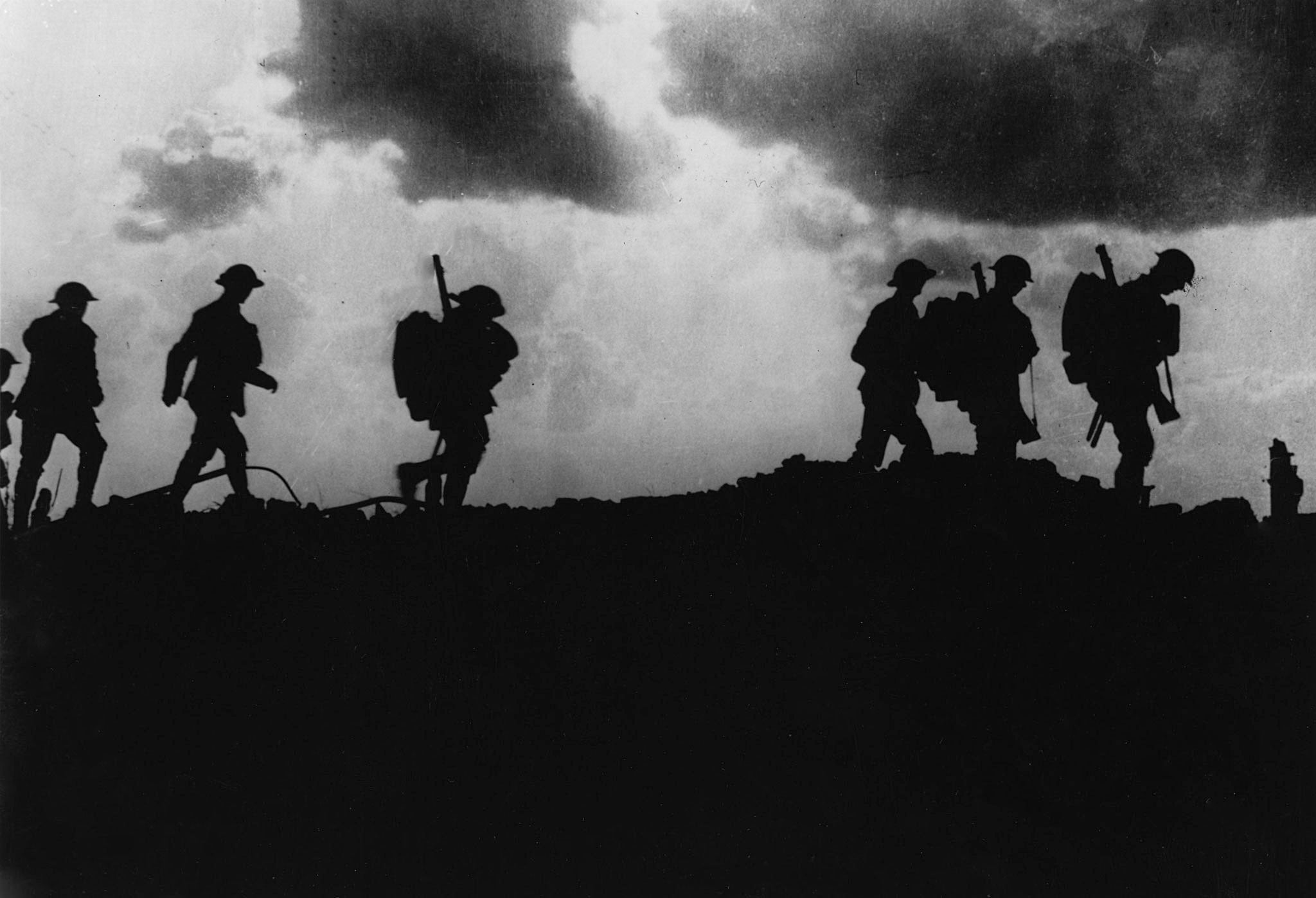As we enter the centenary, Gove is right to question First World War myths
Revisionist historians have shown that British generals were not so very hapless

Your support helps us to tell the story
From reproductive rights to climate change to Big Tech, The Independent is on the ground when the story is developing. Whether it's investigating the financials of Elon Musk's pro-Trump PAC or producing our latest documentary, 'The A Word', which shines a light on the American women fighting for reproductive rights, we know how important it is to parse out the facts from the messaging.
At such a critical moment in US history, we need reporters on the ground. Your donation allows us to keep sending journalists to speak to both sides of the story.
The Independent is trusted by Americans across the entire political spectrum. And unlike many other quality news outlets, we choose not to lock Americans out of our reporting and analysis with paywalls. We believe quality journalism should be available to everyone, paid for by those who can afford it.
Your support makes all the difference.Michael Gove’s criticism of the ‘lions led by donkeys’ portrayal of the First World War has sparked a fierce backlash, particularly on twitter. Many of his critics denounced the Education Secretary as someone who is seeking to glorify war when he should be reflecting on its horrors. It is disappointing to see these misrepresentations of Gove’s point of view.
If we are going to use the centenary as an opportunity to deepen our understanding of the war – which we must - we should be prepared to carefully consider different interpretations rather than rushing to condemn or distort them. Michael Gove is therefore right to highlight the work of ‘revisionist’ historians such as Gary Sheffield and William Philpott. If we do not discuss the recent cutting-edge research coming out of our universities, there will be a massive hole in the public debate.
The revisionist historians have made significant contributions to our understanding of the war. There is no scope to discuss the breadth and complexity here, but I will point out two key contributions. Firstly, revisionists have challenged notions that the war was pointless, stressing that the British were fighting for a just cause in confronting German aggression. Revisionists have also disputed the idea that the generals on the Western Front were all bungling ‘donkeys’. Instead, commanders were grappling with the unprecedented challenge of mass industrialised war. During three years of trial and error, the Allied armies learned to overcome these challenges by developing sophisticated combined-arms tactics and, from mid-1918, mounting a series of attacks in rapid succession along the front.
Critics have dismissed this history and military history in general as jingoistic. But if you read the works of Sheffield, Philpott and others, you will find that this caricature misses the mark. Revisionists come from across the political spectrum. Their works are based on years of scholarly archival research. Moreover, revisionists do criticise cases of poor decision-making where they consider that the evidence justifies it.
Read more:
The durability and credibility of revisionism is reflected through the fact that this body of work continues to grow. New books will be published this year. And there are large cohorts of First World War doctoral students in British universities, who will be building on this work over the next few years.
The revisionist histories have ultimately shown that you can explore the question of how the Allies overcame the challenges of ‘modern’ industrial war while remaining sensitive to the scale of the sacrifices that were made. With that being said, it is important that the government decides to officially commemorate the centenary of the Allied success at Amiens-Montdidier on 8 August 2018 so that this side of the story can be remembered too. If we are respectfully commemorating victories in other wars, this war should be no different.
The centenary must be a time of sober reflection. The First World War is too serious a subject for unfair misrepresentations and knee-jerk dismissals of important perspectives.
Chris Newton is a political consultant and a former defence policy adviser to the Conservative Party. He is a PhD candidate at King's College London researching the Battles of the Scarpe in 1917, and served on the committee of the British Commission for Military History
Join our commenting forum
Join thought-provoking conversations, follow other Independent readers and see their replies
Comments